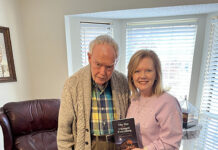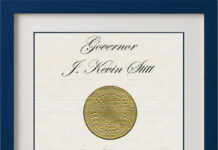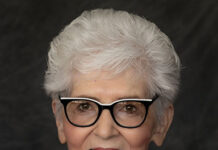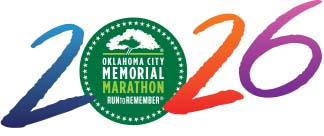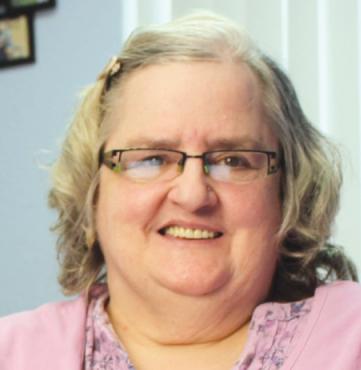
By Darlene Franklin
(Happy Mother’s Day)
In my childhood, I thought my mother knew everything. In my teens and early twenties, I thought I knew everything and she knew nothing. In my thirties, I decided Mom knew more than I thought and by my forties, I realized she knew a whole lot more than I do, and she was right most of the time. Now In my fifties and sixties, I wish she was here so I could just talk with her.
(paraphrase of an anonymous saying about fathers)
This bit of folk wisdom gets me every time. The older I get, the more I recognize my mother’s wisdom and forbearance. I miss her, terribly.
Then I wonder, “am I turning into her?” I am, after all, now the matriarch of my family.
Although Mom and I made a point of preparing for motherhood, we shared feelings of doing a sub-par performance at the most important job in our lives. My son, in spite of his rocky beginnings, handles the task of raising a family in today’s world much better than I ever did. That gives me hope that I did something right.
Did my mother feel the same way? Did she wonder where I found the grace to be strong and grow in wisdom and persevere in the midst of the trials I faced? Did she doubt herself or did she give herself any credit?
If I could ask her, I suspect we would both agree to a reversal of the saying I used above. It would read something like this:
When I became a mother, I had to know everything, or pretend I did. I was responsible for this helpless human being.
Then my children became teenagers. I didn’t know how to lead them in the right direction. What I did say, they misunderstood and dismissed.
In their twenties, they found a steady home, and love, I decided they had learned something after all, and I respected their right to make their own decisions.
(True for too many) Then my child was imprisoned/lost to drug addiction/committed suicide, and I knew I had utterly failed.
But my son married and started a family and actually me for help. In his thirties, he bragged about my growing writing career. He called me several times a week, to talk about two common passions—the Bible and movies—to brag on the grandkids and to ask my opinion. I wondered how this marvelous, mature young man had come out of me.
And now, as I am drawing nearer to death, my grandchildren think I know the answer to every question—because they haven’t stumped me yet—and they want me to life forever.
Dearest son, dearest daughter-in-law, dearest grandchildren. I won’t. I can’t. Besides, you don’t need me. You need the Lord, the fountain of wisdom. But you already know that.
As human beings, we all go through a spell where we question our family’s values and establish our own. I suppose that’s our free will at work, the same principle that t allows us to say “no” to God.
Yes, our children often pick up some of our bad habits. But here’s the good news: they also practice some of our good habits, too.
Take my family. Some of our less than endearing family traits? A tendency to obesity. We sometimes lose ourselves in a dreamworld instead of staying grounded in reality. We find it easy to procrastinate and inconvenience those around us. We struggle with a family history of sexual and physical abuse.
Sounds ugly, and it can be.
Some of our good traits? A faith that is a strong in my granddaughter as it was in my mother. We’re smart, creative, and love to learn.
Now I sound like I’m bragging. Not really. Have you ever heard how our strengths are our weaknesses turned inside out, and vice versa? Rejoice when our children reflect our strong points. Share with them what we’ve learned about our weaknesses. They’ll treasure that wisdom later in life. Daughter learns from mother. Daughter becomes a mother. Now daughter teaches her children.
What a beautiful cycle God designed for us. Although I use the words “mother” and “daughter” here, in honor of Mother’s Day. the sentiment rings true across the family board, Celebrate it!






